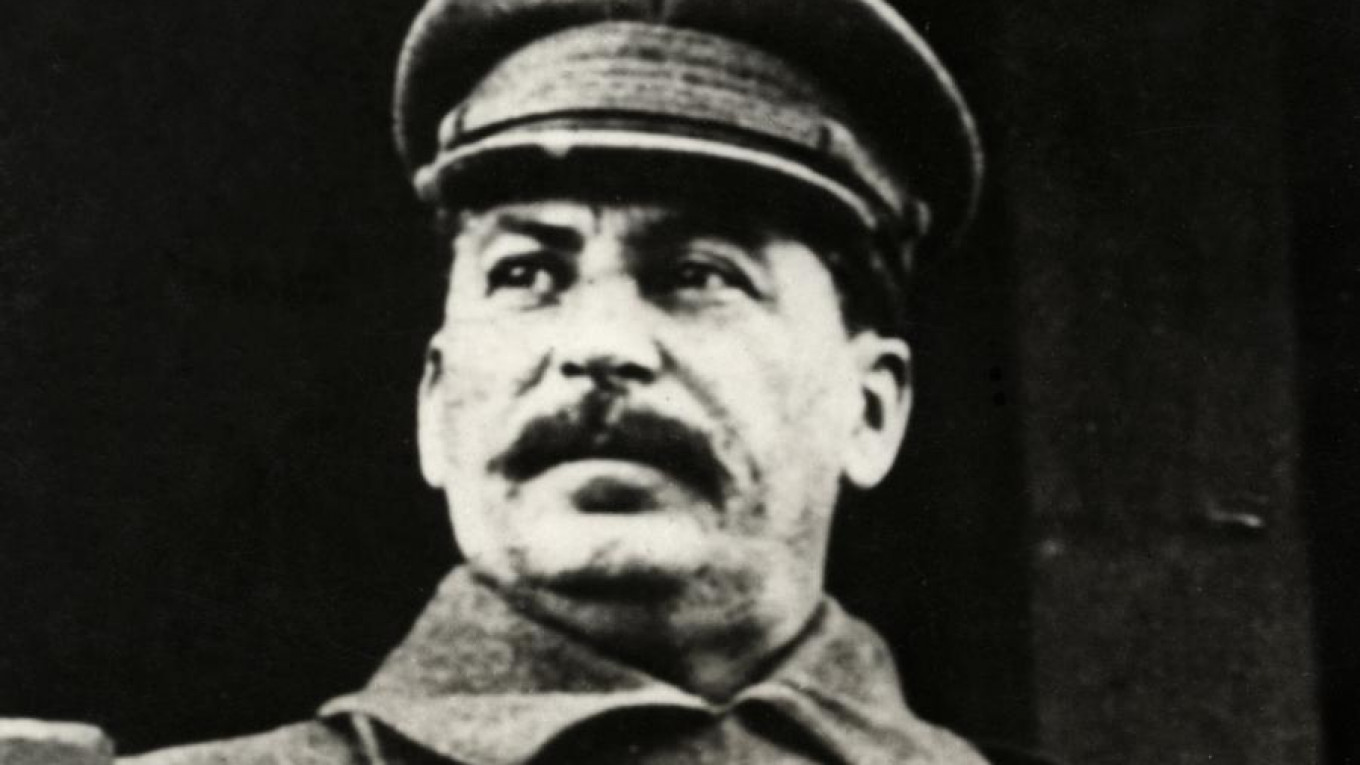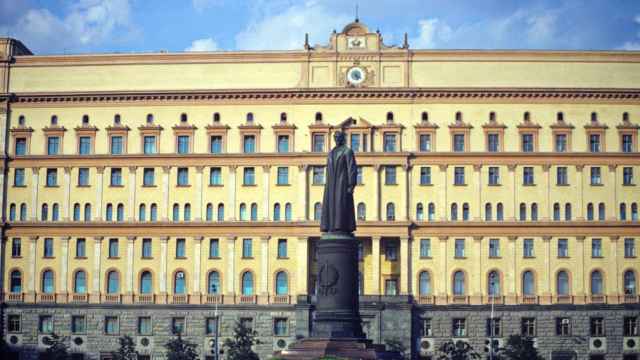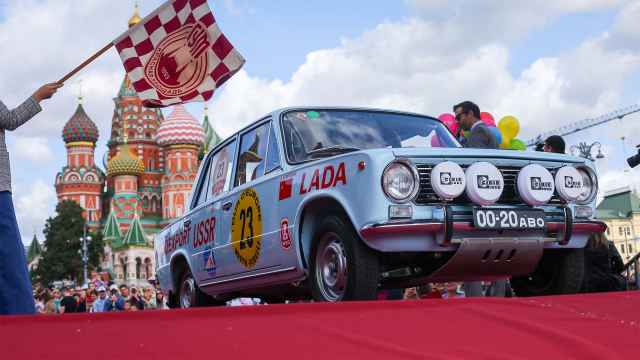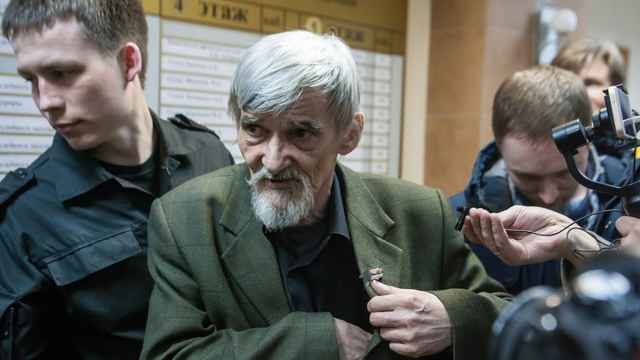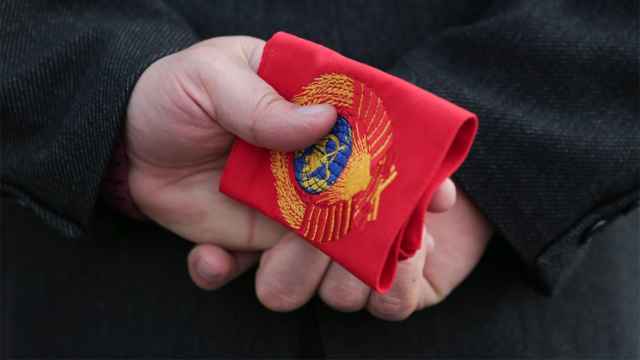He may remain a hero for many Russians, but in Russia's Ingushetia republic Stalin is an enemy of the people whose commemoration may soon be banned.
On Tuesday, the North Caucasian republic's parliament unanimously passed a law banning Stalin in its first reading, the TASS news agency reported.
Beyond banning Stalin monuments, streets, and town names, the law also makes it illegal to publically express support for the Soviet dictator or even publicly display his image in a positive light.
Parliamentary committee chairperson Maryam Amrieva said that celebrating Stalin was "blasphemy." She added that Stalin "deported dozens of ethnic groups" and "killed or jailed tens of thousands of members of the intelligentsia and military."
Ingushetia's anger toward Stalin is not unmerited. During World War II, Stalin deported the entire Ingush and Chechen ethnic groups from their homeland to Kazakhstan and Kyrgyzstan for allegedly collaborating with Nazi Germany. The Ingush parliament voted on the law to mark the 73 anniversary of the deportations.
The two ethnic groups were eventually rehabilitated after Stalin's death and allowed to return home in 1957, but the damage had already been done. During the deportation and their 13-year exile, more than a third of the deportees died.
Ingushetia's ban comes as Stalin's popularity reaches a peak elsewhere in Russia. According to survey results published by the independent Levada Center pollster earlier this month, more Russians now approve of Stalin than at any other time over the last 16 year.
Of 1,600 people surveyed across Russia, 46 percent expressed approval of Stalin — making him the third most popular head of state after President Vladimir Putin and Soviet leader Leonid Brezhnev, respectively.
A Message from The Moscow Times:
Dear readers,
We are facing unprecedented challenges. Russia's Prosecutor General's Office has designated The Moscow Times as an "undesirable" organization, criminalizing our work and putting our staff at risk of prosecution. This follows our earlier unjust labeling as a "foreign agent."
These actions are direct attempts to silence independent journalism in Russia. The authorities claim our work "discredits the decisions of the Russian leadership." We see things differently: we strive to provide accurate, unbiased reporting on Russia.
We, the journalists of The Moscow Times, refuse to be silenced. But to continue our work, we need your help.
Your support, no matter how small, makes a world of difference. If you can, please support us monthly starting from just $2. It's quick to set up, and every contribution makes a significant impact.
By supporting The Moscow Times, you're defending open, independent journalism in the face of repression. Thank you for standing with us.
Remind me later.


